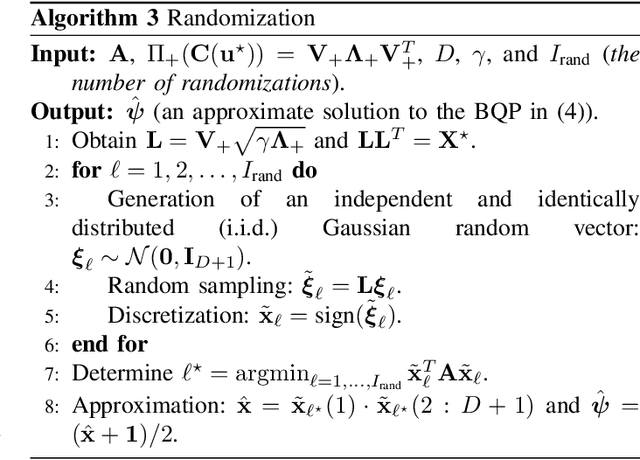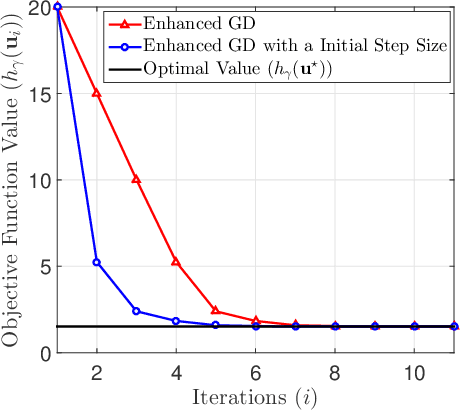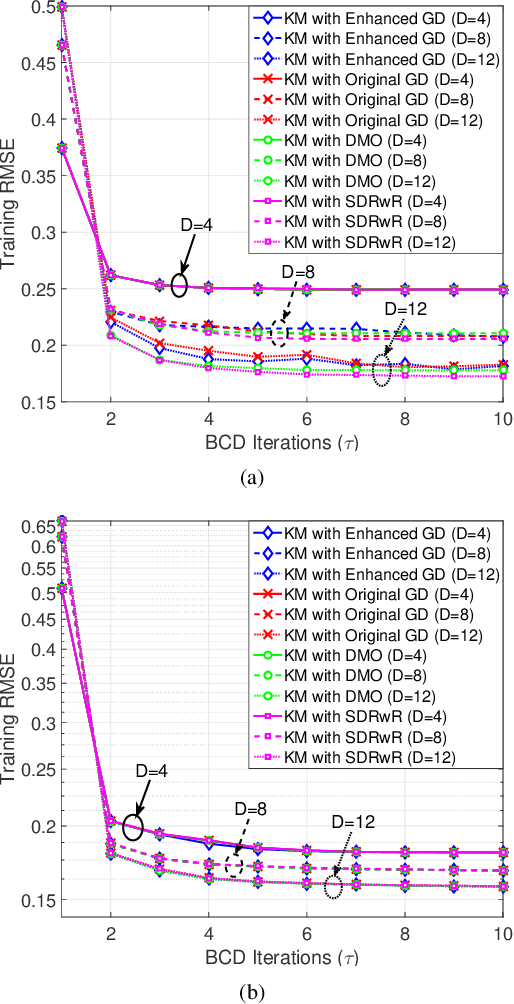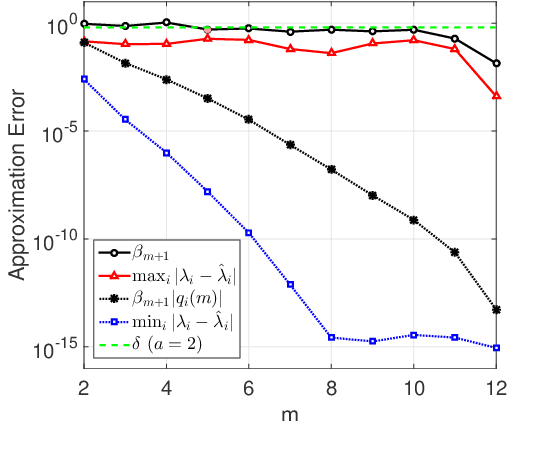Dual Optimization for Kolmogorov Model Learning Using Enhanced Gradient Descent
Paper and Code
Jul 11, 2021



Data representation techniques have made a substantial contribution to advancing data processing and machine learning (ML). Improving predictive power was the focus of previous representation techniques, which unfortunately perform rather poorly on the interpretability in terms of extracting underlying insights of the data. Recently, Kolmogorov model (KM) was studied, which is an interpretable and predictable representation approach to learning the underlying probabilistic structure of a set of random variables. The existing KM learning algorithms using semi-definite relaxation with randomization (SDRwR) or discrete monotonic optimization (DMO) have, however, limited utility to big data applications because they do not scale well computationally. In this paper, we propose a computationally scalable KM learning algorithm, based on the regularized dual optimization combined with enhanced gradient descent (GD) method. To make our method more scalable to large-dimensional problems, we propose two acceleration schemes, namely, eigenvalue decomposition (EVD) elimination strategy and proximal EVD algorithm. Furthermore, a thresholding technique by exploiting the approximation error analysis and leveraging the normalized Minkowski $\ell_1$-norm and its bounds, is provided for the selection of the number of iterations of the proximal EVD algorithm. When applied to big data applications, it is demonstrated that the proposed method can achieve compatible training/prediction performance with significantly reduced computational complexity; roughly two orders of magnitude improvement in terms of the time overhead, compared to the existing KM learning algorithms. Furthermore, it is shown that the accuracy of logical relation mining for interpretability by using the proposed KM learning algorithm exceeds $80\%$.
 Add to Chrome
Add to Chrome Add to Firefox
Add to Firefox Add to Edge
Add to Edge